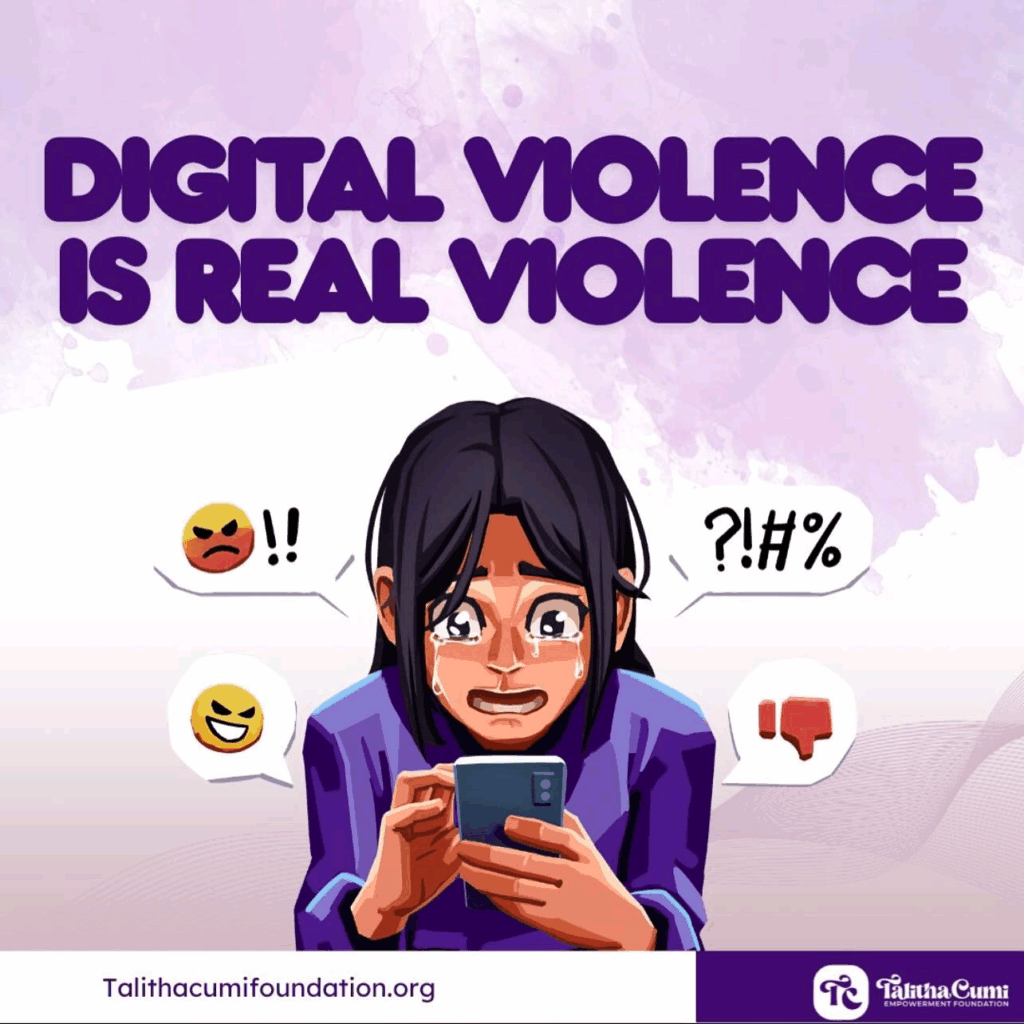
Each of our programs is guided by the RESPECT Women framework recommended by the World Health Organization to prevent violence against women. We combine trauma-informed, faith-based approaches with evidence-based strategies for real, lasting change.
We’re building a national support system for survivors by uniting service providers across Nigeria. Through annual convenings, a digital referral system. we’re strengthening interagency collaboration and improving access to trauma-informed care.
Our campaigns spark conversation and shift attitudes. We engage communities through outreach events, social media, and workshops—empowering girls, boys, and healthcare workers to challenge stigma, understand IPV, and foster safer environments.
We provide emergency shelter and care for women escaping violence. Survivors receive counseling, legal aid, vocational support, and assistance transitioning into permanent housing.
Healing begins with understanding. Our counseling services support women, men, and couples through trauma-informed therapy, group sessions, and a 7-day warm line that offers emotional support and resource referrals.
We help survivors build financial independence through skills training, entrepreneurship support, and peer mentorship. Our survivor-led Arise & Empower Project pairs new participants with mentors for long-term resilience.
Violence against women and girls affects one in three women. It is a global human rights emergency that must stop. As the world marks the 30th anniversary of the Beijing Declaration and Platform for Action – one of the most progressive international agreements on women’s rights to date. This year focuses on one of the fastest-growing forms of abuse: digital violence against women and girls. This year’s campaign is also a reminder that digital safety is central to gender equality

join the campaign and take action to stop digital abuse against women and girls
Copyright © 2025 All Rights Reserved.